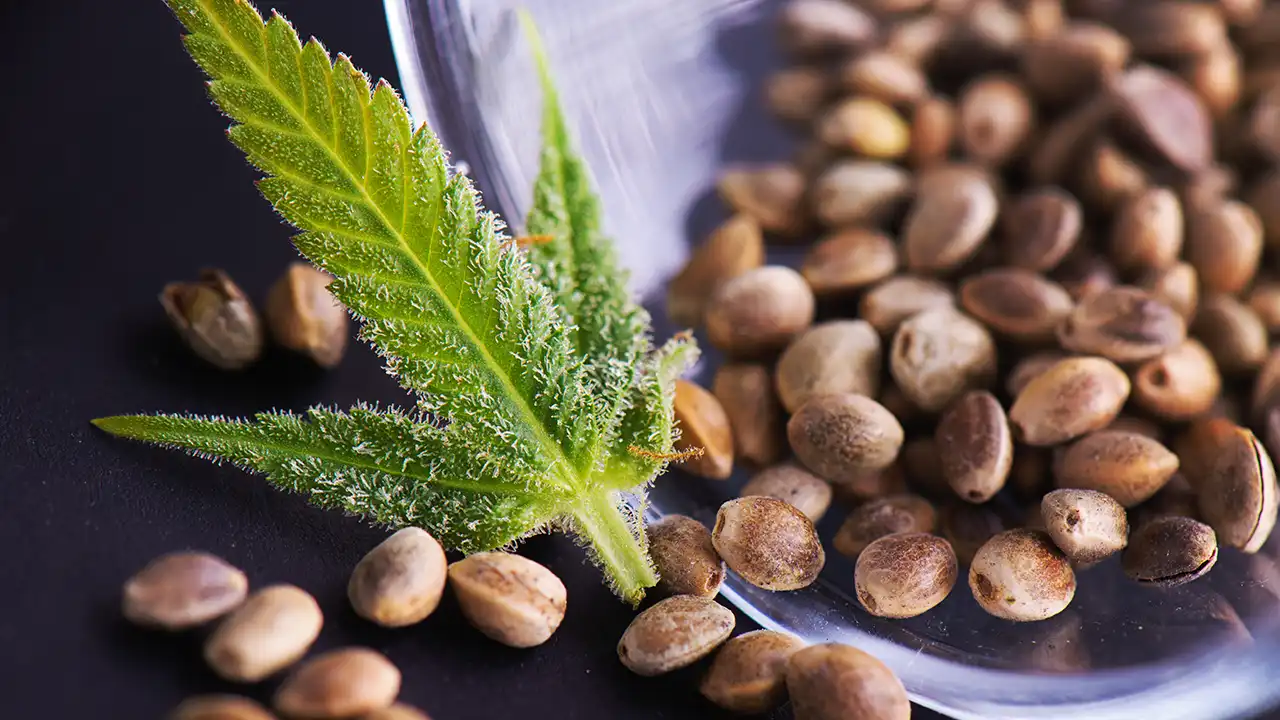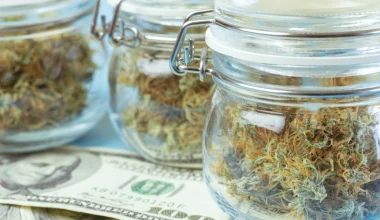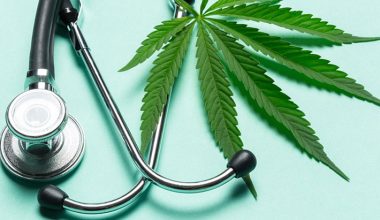The bill ushering in federal hemp THC prohibition that President Donald Trump signed into law last week also spells trouble for the trade in marijuana genetics.
Marijuana seeds, once considered legal by the U.S. Drug Enforcement Administration, also become federally illegal in November 2026 if they produce plants above a 0.3% THC threshold, attorney Jason Adelstone warned.
“Seeds from high-THC genetics (including THCA) that were previously legal to trade will become federally illegal marijuana,” he wrote in a recent blog post.
“The implications for international seed trade are immediate and severe.”
Hemp THC ban to create trouble for cannabis pheno hunts
As MJBizDaily has reported, many cultivators in the $32 billion regulated legal marijuana industry still favor seeds when developing genetics for flower, the most popular product category for retailers.
Many seed banks and other providers of cannabis genetics advertise their wares online and offer interstate shipping – in some cases international.
That’s in part because of a 2022 DEA determination, communicated in a 2022 letter to California attorney Omar Figueroa, that cannabis seeds, tissue culture, “or other genetic material” meet the federal definition of hemp.
However, last week’s spending bill excludes from the new federal definition of hemp viable seeds from a plant that produces flower with 0.3% or more total THC, including tetrahydrocannabinolic acid (“THCA”).
One ‘loophole’ closes but another opens
The hemp THC ban tucked into the spending bill is the culmination of a lengthy effort to close the so-called “hemp loophole” in the 2018 Farm Bill that’s led to the rise of a $28.3 billion hemp industry.
Popular products like hemp-derived THC beverages as well as gummies and THCA flower are set to become subject to enforcement, though it’s still unclear what action authorities will take.
The new rules take effect on Nov. 13, giving the industry a year to adjust. Advocacy groups are pushing Congress to replace the restrictions with a regulatory framework that allows hemp products under strict guidelines.
But, Adelstone added, there’s yet another loophole.
“While marijuana seeds will no longer be considered hemp, Congress left out two key forms of genetics that may still be permitted in interstate and international commerce,” he posted on LinkedIn.
Subscribe to the MJBiz Factbook
Exclusive industry data and analysis to help you make informed business decisions and avoid costly missteps. All the facts, none of the hype.
What you will get:
- Monthly and quarterly updates, with new data & insights
- Financial forecasts + capital investment trends
- State-by-state guide to regulations, taxes & market opportunities
- Annual survey of cannabis businesses
- Consumer insights
- And more!
“The new legislation targets ‘viable seeds’ but appears silent on tissue cultures and clones.”
That leaves the door open for breeders to still carry on trade in marijuana genetics should the ban take effect.
Medical Disclaimer:
The information provided in these blog posts is intended for general informational and educational purposes only. It is not a substitute for professional medical advice, diagnosis, or treatment. Always seek the advice of your physician or other qualified healthcare provider with any questions you may have regarding a medical condition. The use of any information provided in these blog posts is solely at your own risk. The authors and the website do not recommend or endorse any specific products, treatments, or procedures mentioned. Reliance on any information in these blog posts is solely at your own discretion.






